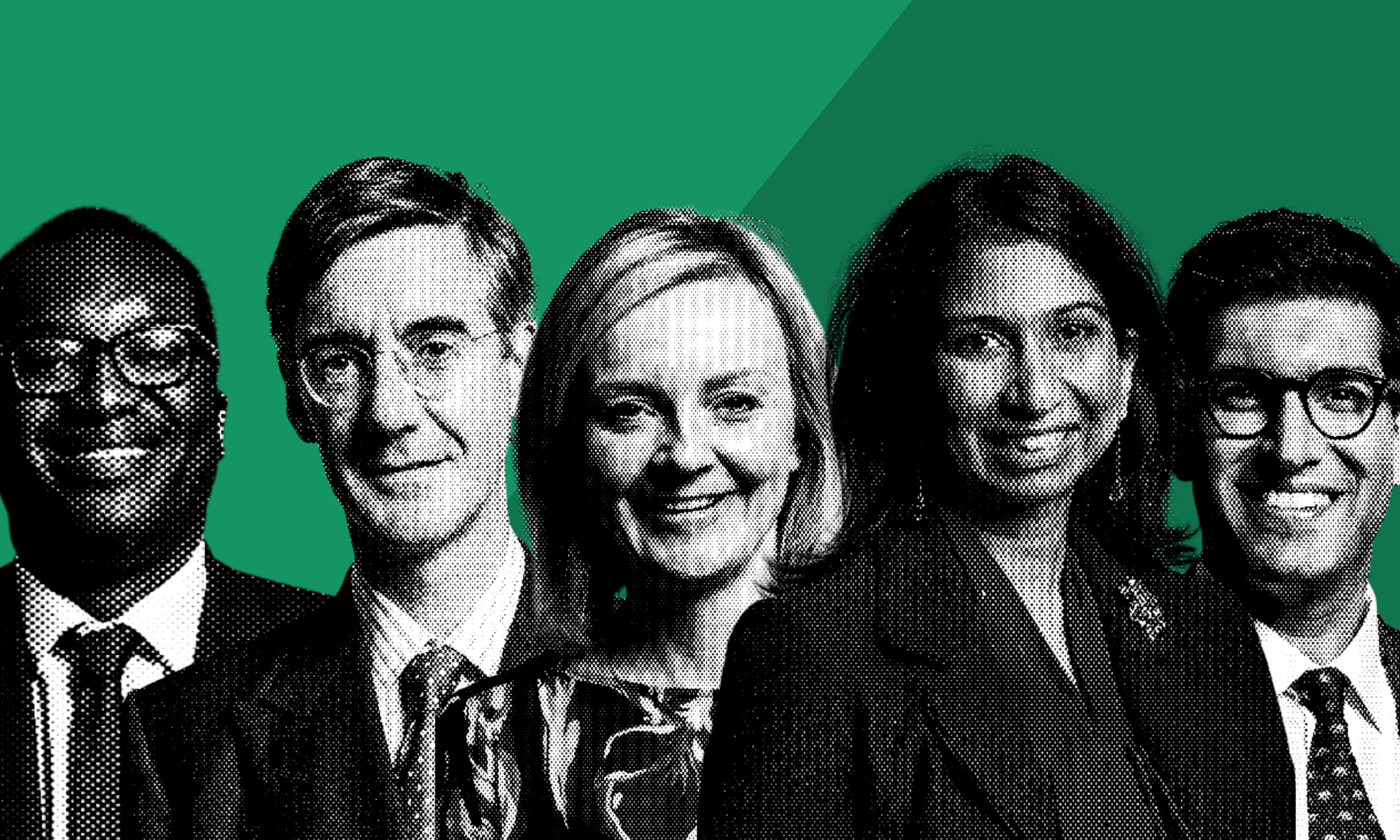
2016 has yet again proved itself to be a year of never-ending bad news. Last week the government quietly published news that from next year tuition fees are set to rise by £250, in accordance with inflation. This means that by 2020, fees are likely to be around £10,000.
Some universities have already started advertising their tuition fees for 2017, including on Durham, Kent and Royal Holloway websites as £9,250.
While these changes were unsurprising considering earlier in the summer a government Green Paper revealed the Conservatives had their eyes on lifting the tuition fee cap, the changes last week arrived in a sneaky fashion.
The Department of Education did not formally announce them, instead publishing the news on the National Archives legislation website on Thursday – the same day school league tables were released.
However, politicians were quick to notice and Liberal Democrat leader Tim Farron rebuked the government. He said to the BBC: “This is a shabby little way to announce something, hiding it away in a far-flung corner of a government website. This shows the government at their worst, avoiding scrutiny and debate.”
Taking to Twitter, former Green Party leader Natalie Bennett said that “a government that’s trying to hide its own actions is a government that knows it is doing wrong thing (sic)”.
This is yet another blow for UK students who have already seen maintenance grants scrapped under the Conservative government.
BME students are expected to be particularly worse off due to these changes in fees.
Although a recent report by The Higher Education Funding Council for England found the number of black students starting their first degree has almost doubled from 2004, another study, by the Department for Businesses Innovation & Skills, found that BME students on average are more likely to be debt averse.
The report added: “Black/black British students were found to rely more heavily on other sources of student support compared with students from white and other backgrounds.”

Britain’s policing was built on racism. Abolition is unavoidable

How Pakistan’s Khwaja Sira and transgender communities are fearing and fighting for their futures

Their anti-rape performance went viral globally. Now what?






